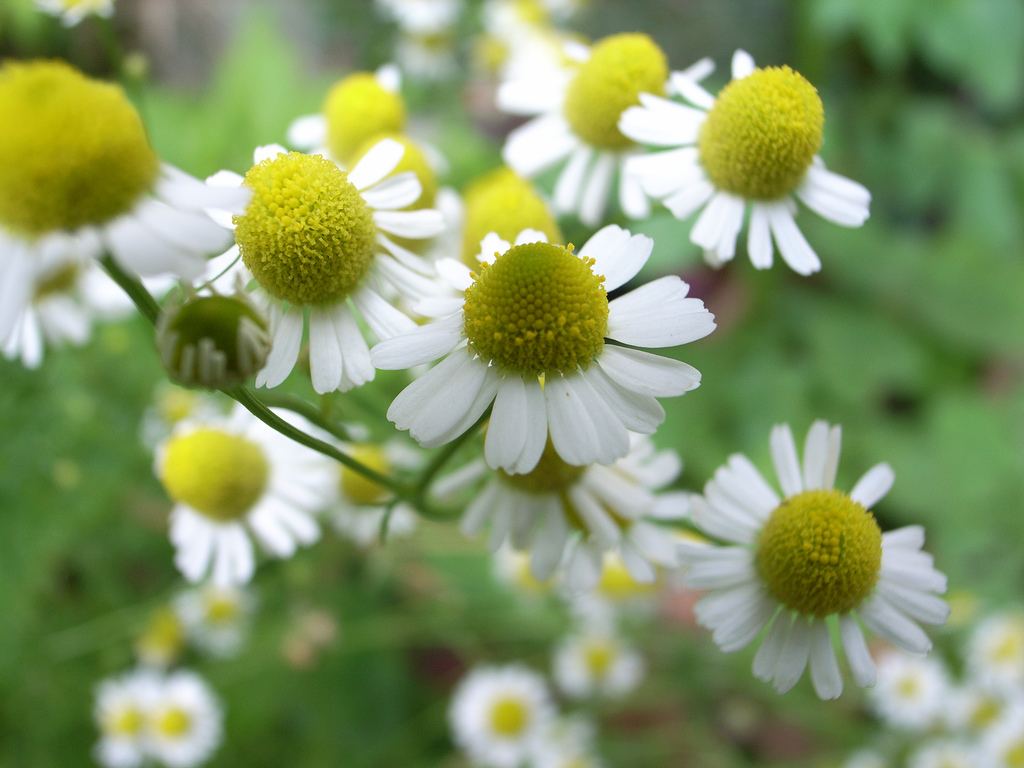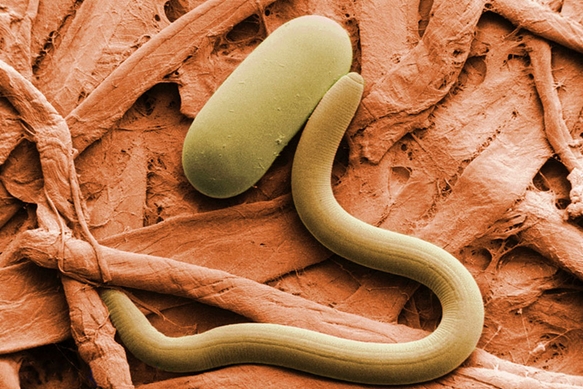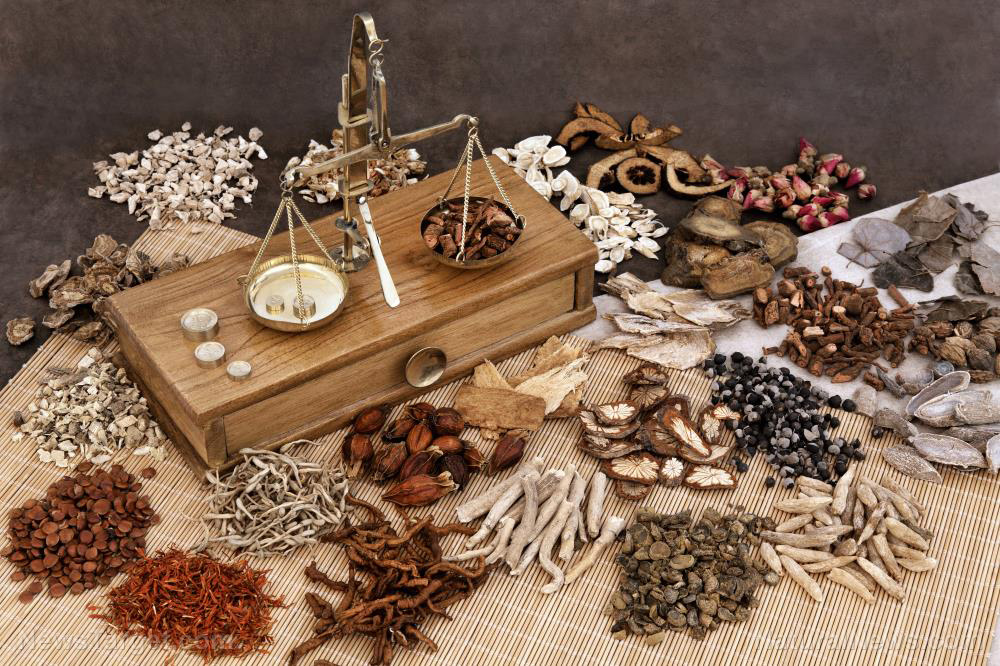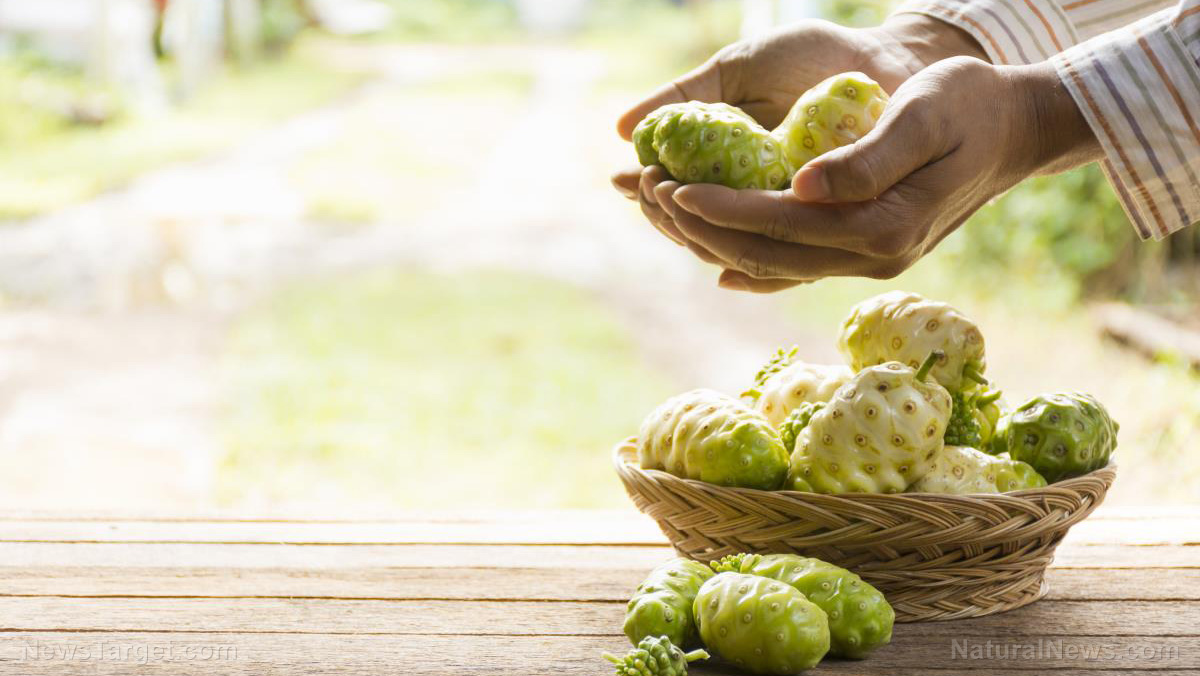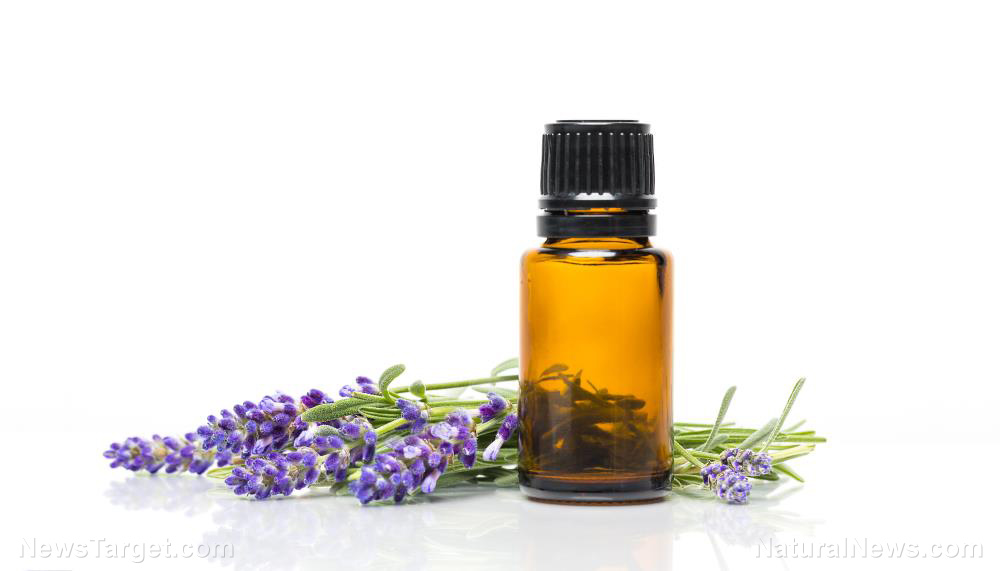Scientists discover the potential use of papaya leaf juice for treating dengue
12/21/2018 / By Ellaine Castillo

The papaya (Carica papaya) fruit is enjoyed by many people around the world for its sweet taste and multiple health benefits. However, its fruits aren’t the only thing that’s healthy in this plant: Even its leaves carry their own set of health benefits. A recent study by researchers from Jamia Hamdard University in India revealed that extracts from papaya leaves have potential use as a natural remedy for dengue since they exhibit immunomodulatory activity and promote the production of thrombocytes, also called platelets.
Dengue is a viral borne disease that affects millions of people worldwide. According to the World Health Organization, there are approximately 390 million cases of this disease every year, with the majority of them occurring in tropical countries like the Philippines. Mild dengue infections usually last for just a week but there are also cases where it becomes life-threatening and wreaks havoc on the immune system. This can lead to health problems like excessive bleeding due to damaged blood vessels or extremely low counts of platelets, which are responsible for clotting. The latter refers to thrombocytopenia, a condition that’s also associated with idiopathic thrombocytopenic purpura, hypersplenism, aplastic anemia, and chikungunya.
Papaya leaves are commonly used as natural remedies for dengue because of their ability to increase platelet count and prevent viral-induced liver damage. In addition, they are used in traditional medicine as treatments for wounds, blood disorders, jaundice, and malaria. Previous studies have shown that papaya leaves are able to reduce inflammation, prevent tumor growth, modulate immune responses, and neutralize free radicals. These activities are possible with the help of bioactive compounds like alpha-tocopherol, ascorbic acid, phenolic acid, cyanogenic glycosides, and glucosinolates that contribute to its properties.
In this study, the researchers collected papaya leaf extracts then determined the abundance of the following compounds: myricetin, caffeic acid, trans-ferulic acids, and kaempferol. Afterward, they proceeded to determine the anti-thrombocytopenic activity based on the resulting platelet and leucocyte count in treated Wistar rats. Meanwhile, the immunomodulatory activity of papaya leaves was determined in Swiss albino mice. For this property, they used delayed-type hypersensitivity, hemagglutination titer, and carbon clearance as the parameters.
From the experiments, the team observed that the extracts had the highest concentrations of trans-ferulic acid, followed by caffeic acid, myricetin, and then kaempferol, which had 1110.86, 370.18, 280.16, and 160.53 micrograms/gram, respectively. They also saw an increase in platelet count, delayed-type hypersensitivity, and carbon clearance, indicating that the extracts had potent anti-thrombocytopenic and immunomodulatory activities.
Treatment with the extracts effectively increased platelet count and improved immune response with the help of different bioactive compounds. Overall, these results prove the folkloric use of papaya leaves as natural remedies against dengue. (Related: Papaya leaf juice is good for your blood; the drink can remedy anemia and fight off dengue fever.)
Other health benefits of papaya leaf juice
Drinking papaya leaf juice will provide you with many health benefits, which include the following:
- Detoxing the liver – Papaya leaves contain phytosterols that displace bad cholesterol to prevent them from accumulating and undergoing lipid peroxidation, which causes inflammatory cirrhosis and jaundice.
- Promoting good digestion – Papain and chymopapain are enzymes found in papaya that promote digestion and cleanse the colon. Moreover, they are rich in proteases and amylases that break down the foods that you eat.
- Lowering blood sugar levels – Drinking papaya leaf juice improves blood sugar levels by stimulating the production of insulin, an enzyme involved in sugar regulation.
- Improving skin – The antioxidant activity of papaya leaves prevents aging processes that can affect how your skin looks. Additionally, papaya leaf juice is rich in vitamins A and C that give the skin a glowing appearance.
For more articles about the health benefits of papayas, visit NaturalHealth.news.
Sources include:
Tagged Under: antithrombocytopenic, Carica papaya, dengue, immunomodulatory, natural remedies, Papaya, platelet count, platelets, thrombocytes, wellness







